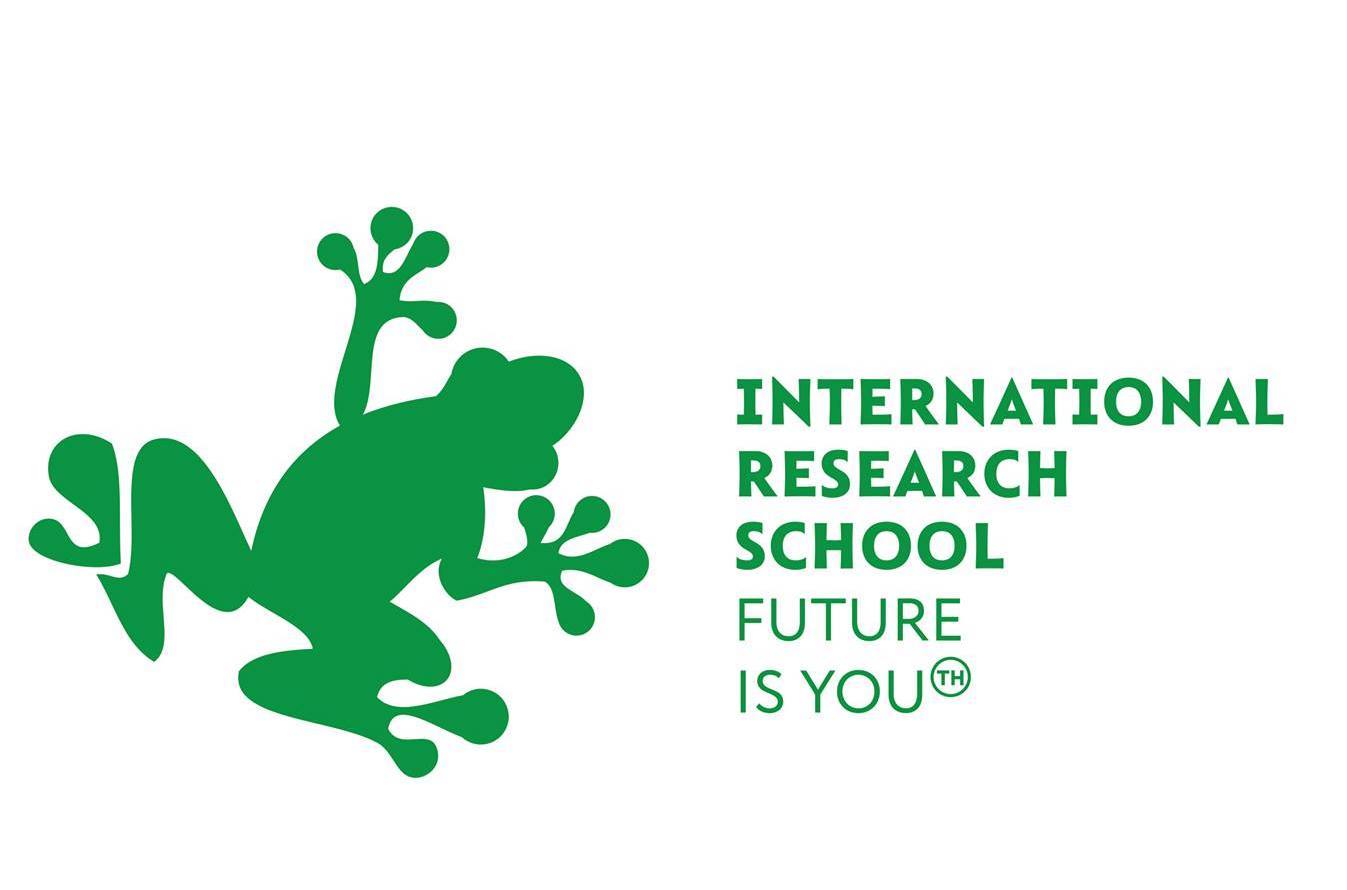13TH INTERNATIONAL RESEARCH SCHOOL
Estimation of water and soil quality by instrumental methods
Geography, Ecology, Geochemistry
Water and soil – two natural components, which we face every day with. But, let's be honest, we rarely think about how useful and important they are (unless you are a fan of growing potted plants or, suddenly, an agricultural worker). However, it is these natural objects that provide us with plant foods and directly affect its quality.
And what parameters does the quality of water and soil depend on? How can they be measured? What natural and anthropogenic factors affect them? And what is the actual quality of water and soil in your residence area? We will try to answer these questions in our study.
And what parameters does the quality of water and soil depend on? How can they be measured? What natural and anthropogenic factors affect them? And what is the actual quality of water and soil in your residence area? We will try to answer these questions in our study.

Preparation for collecting and filtration of water samples
We will use different geochemical methods and learn how to benefit from observing the natural objects that can help us get the results – we call those bioindicators.
Are you worried of not having access to sophisticated equipment and laboratories in these difficult times? Don't be! Our project is suitable for everybody that wants to participate. Even if you are limited to your home place, you will still be able to make equal contribution to final results, just like everyone else (well you will need some young onions and few glasses of water, but we guess that shouldn't be a problem for anyone). Our project is even more suitable for those, who are a bit sick of sitting in front of the computer all the time. You will have the opportunity to go out, discover your environment and perform some real and simple experiments instead of just doing some extra computer work
Are you worried of not having access to sophisticated equipment and laboratories in these difficult times? Don't be! Our project is suitable for everybody that wants to participate. Even if you are limited to your home place, you will still be able to make equal contribution to final results, just like everyone else (well you will need some young onions and few glasses of water, but we guess that shouldn't be a problem for anyone). Our project is even more suitable for those, who are a bit sick of sitting in front of the computer all the time. You will have the opportunity to go out, discover your environment and perform some real and simple experiments instead of just doing some extra computer work

Profile of soddy-podzolic soil
So, during our project work we will learn how to collect samples, prepare them for analysis, and determine various parameters using different methods.
As a result of the research, we will compare biological and geochemical methods and make conclusions about the quality of water and soil in your region: whether they comply with permissible standards (and if not, what is the reason), how they are used now and whether it is worth to change the way of use based on the received information.
Interested? Join us!
As a result of the research, we will compare biological and geochemical methods and make conclusions about the quality of water and soil in your region: whether they comply with permissible standards (and if not, what is the reason), how they are used now and whether it is worth to change the way of use based on the received information.
Interested? Join us!
Technical requirements
Necessary:
- Laptop/PC (with internet access)
- Satellite images (Google Earth is enough)
- Open access maps
- Free meteorological data
- Fresh and young onions (Allium cepa)
- Ruler (at least mm accuracy)
- 2 test tubes (or similar kitchen glasses)
- 2 plastic bottles (0,5 l) for water samples
- 2 small plastic/paper bags for soil samples
- Nail scissors or clippers
- Volume measuring dish (glass)
- Distilled water
Optional (if you have access to the lab):
- Notebook/PC (with internet access)
- Any pH sensor/pH test paper
- Any turbidity sensor/Secchi disk (you can do it yourself)
- Any electrical conductivity sensor
- Any thermometer probe
- Microscope
Necessary:
- Laptop/PC (with internet access)
- Satellite images (Google Earth is enough)
- Open access maps
- Free meteorological data
- Fresh and young onions (Allium cepa)
- Ruler (at least mm accuracy)
- 2 test tubes (or similar kitchen glasses)
- 2 plastic bottles (0,5 l) for water samples
- 2 small plastic/paper bags for soil samples
- Nail scissors or clippers
- Volume measuring dish (glass)
- Distilled water
Optional (if you have access to the lab):
- Notebook/PC (with internet access)
- Any pH sensor/pH test paper
- Any turbidity sensor/Secchi disk (you can do it yourself)
- Any electrical conductivity sensor
- Any thermometer probe
- Microscope
Tutor

Tim Prezelj
Ljubljana Slovenia
Ljubljana Slovenia
Tim graduated from Microbiology at the University of Ljubljana, Biotechnical Faculty, where he continues to study Molecular and Functional Biology. He worked at the Department of Agricultural Sciences, Biotechnical Faculty (a topic of agricultural entomology). Then he moved to National Institute of Chemistry, a field of synthetic molecular biology and nano-biotechnology (4 years). He has been working in the Institute of Cell Biology for the last five years (main research focus-cell and tissue cultures and organoids as model system for basic cancer research). He teaches medicale students practical part of Cell Biology lectures and lecture evolutionary psychology at Philosophical Faculty. His passion to connect humanistic and natural sciences concepts began when he was still a student at Diocesan Classical Gymnasium. He participated at many MILSET events as delegation leader. He is responsible for Intel ISEF, GENIUS Olympiad and other international science fairs for Slovenian delegations.

Polina Makalova
Moscow, Russia
Moscow, Russia
Polina – postgraduate student of the Faculty of Geography, Lomonosov Moscow State University, and a geography teacher at the HSE Lyceum for three years. He is a big fan of the sea, especially the Black Sea – scientific activities (the study of underwater landscapes, its structure and dynamics), school educational expeditions and, of course, rest are devoted to it. Likes to read, dive and find causal relationships in the environment.


